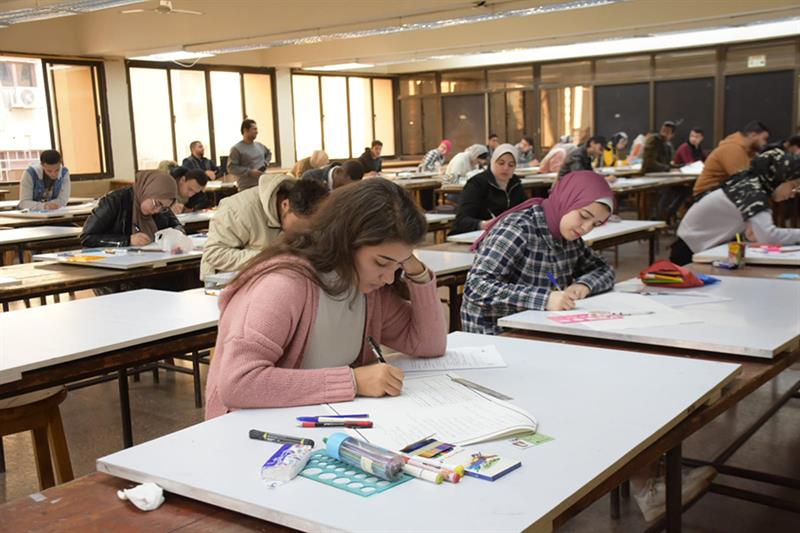
As Egypt’s high school results for 2025 are finalized, students and parents eagerly await preliminary university coordination outcomes for both science and arts streams.
Early indicators suggest that admission thresholds for leading faculties will largely mirror last year’s figures, with slight upticks in select majors driven by an increasing cohort of high scorers.
According to sources within the Ministry of Higher Education, the minimum acceptance rates for top science colleges remain robust. Human Medicine is projected to require scores between 91.8% and 92.3%, a marginal rise from last year’s 91.34%.
Dentistry follows closely with an anticipated range of 90.5% to 91%, while Pharmacy is expected to sit between 89% and 89.5%. Other sought-after programs such as Physical Therapy and Veterinary Medicine show similar stability, with acceptance rates forecast at 88.5%-89% and 87.5%-88.5% respectively.
In engineering disciplines, a slight decrease in minimum admission rates is anticipated, with expected cutoffs ranging from 83.5% to 84.2%. Conversely, faculties focused on computing and information sciences may see stable or modestly increased thresholds, reflecting growing interest spurred by expansions in artificial intelligence and data science courses.
For the literary stream, coordination indicators suggest overall steadiness at top-tier colleges, alongside modest declines in more theoretical fields. Economics and Political Science programs anticipate acceptance rates between 84% and 85.2%, while Media studies hover around 82%-83.5%. Language faculties such as Al-Alsun are projected at 81%-82%, with Archaeology and Education slightly lower at 77%-78.5%. Arts faculties are expected to have the lowest thresholds in this category, ranging from 73% to 75%.
These early figures underscore a consistent demand for competitive academic programs amid a rising number of high-performing students. As the official university coordination results approach, candidates and families prepare for the final admission decisions that will shape Egypt’s next generation of professionals and scholars.



